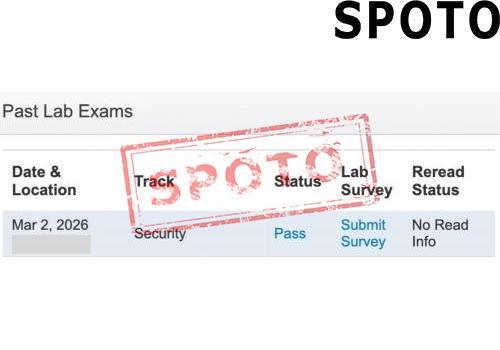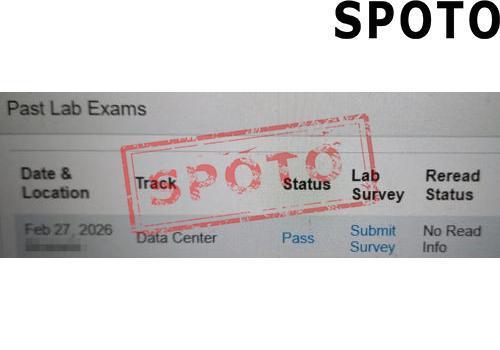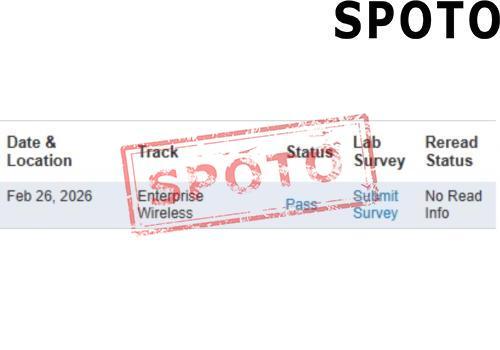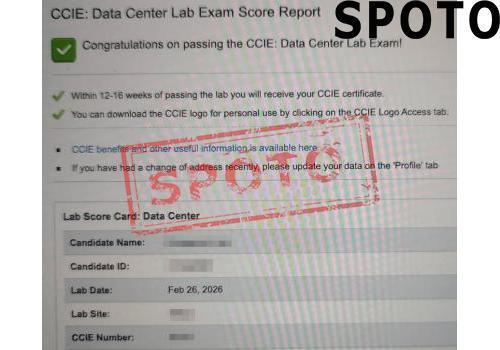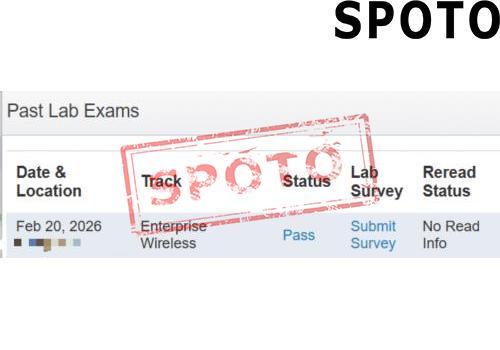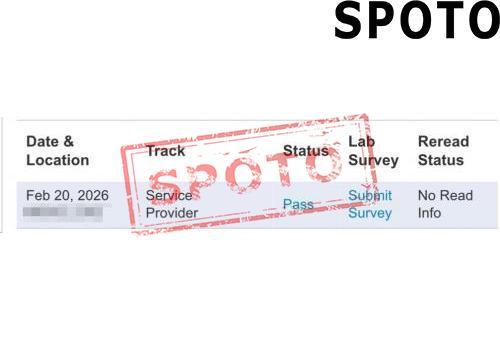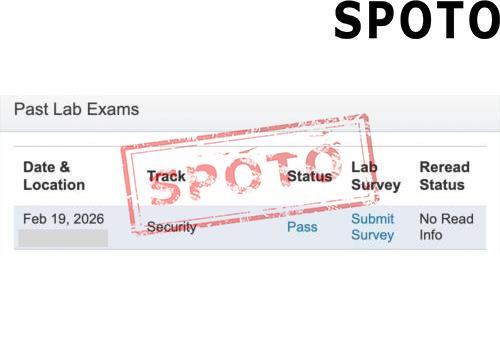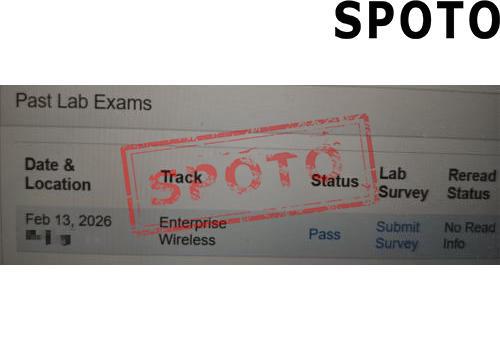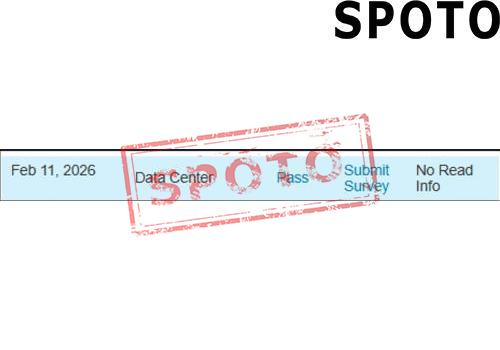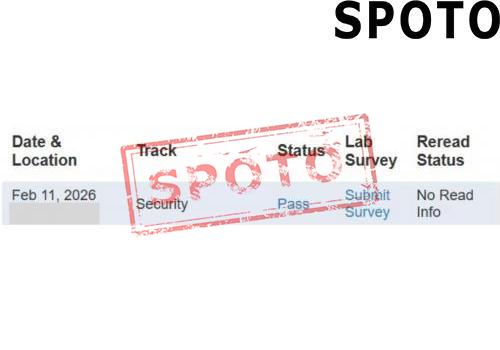
In the world of networking, few certifications are as prestigious as the Cisco Certified Internetwork Expert (CCIE). For professionals in the collaboration field, the CCIE Collaboration certification is the pinnacle of expertise. As businesses continue to embrace unified communications (UC), cloud collaboration, and remote working solutions, the demand for skilled collaboration engineers has never been higher.
Achieving CCIE Collaboration not only validates your ability to design, implement, and troubleshoot complex collaboration systems but also opens doors to high-level career opportunities. However, the journey to earning the CCIE Collaboration is challenging and requires both extensive theoretical knowledge and practical experience.
In this article, we'll break down key insights and strategies to help you navigate the road to CCIE Collaboration and set yourself up for success.
What is CCIE Collaboration?
The CCIE Collaboration certification is one of the specialized CCIE tracks that focuses on skills related to voice, video, messaging, and presence technologies. It encompasses the configuration and troubleshooting of Cisco collaboration technologies, including Cisco Unified Communications Manager (CUCM), Cisco Unity Connection, Cisco WebEx, Jabber, TelePresence, and more.
Unlike general networking certifications, which focus on routing and switching, CCIE Collaboration is tailored for professionals who want to specialize in the deployment and optimization of collaboration solutions within large enterprise environments.
There are two main components to the CCIE Collaboration certification:
- Written Exam: The theoretical part that tests your knowledge of the foundational concepts and technologies of collaboration.
- Lab Exam: The practical, hands-on test where you need to demonstrate your ability to configure, troubleshoot, and optimize real-world collaboration solutions.
Key Skills Tested in CCIE Collaboration
The CCIE Collaboration exam covers a broad array of skills, focusing on the following core areas:
- Collaboration Architecture: Understanding the design and integration of collaboration solutions, including deployment models and network topologies.
- Unified Communications (UC): Configuring and troubleshooting Cisco voice, video, and messaging solutions like CUCM and Unity Connection.
- Collaboration Applications: In-depth knowledge of applications such as Cisco Jabber, WebEx, and TelePresence, including configuration, management, and troubleshooting.
- QoS (Quality of Service): Ensuring high-quality voice and video calls by managing network resources and optimizing for low latency and jitter.
- Security: Configuring and maintaining security protocols for collaboration solutions, including encryption, authentication, and access control.
- Troubleshooting: Using troubleshooting tools and methodologies to resolve complex issues with UC systems, video, and presence services.
- Collaboration Endpoints: Understanding and managing the end-user devices such as IP phones, video endpoints, and soft clients.
Preparing for the CCIE Collaboration
The CCIE Collaboration exam is one of the most difficult certifications to earn, requiring thorough preparation and dedication. Below are some tips and strategies that will help you succeed in your preparation:
1. Build a Strong Foundation in Collaboration Technologies
Before diving into CCIE-specific content, ensure you have a strong understanding of Cisco collaboration technologies. If you haven't already, consider earning the CCNA Collaboration or CCNP Collaboration certifications. These will provide you with the essential knowledge and hands-on skills that will serve as the building blocks for your CCIE study.
Having a solid grasp of Cisco Unified Communications, Cisco Expressway, and collaboration tools like Cisco Jabber will make the more advanced topics much easier to grasp as you study for the CCIE.
2. Focus on the Written Exam First
The CCIE Collaboration Written Exam serves as the gateway to the lab exam, and it's essential to pass it before scheduling your lab. While the written exam primarily tests your theoretical knowledge, it covers a broad array of collaboration technologies. To prepare for the written exam:
- Study the Blueprint: Cisco provides a detailed exam blueprint that outlines the topics covered in the written exam. Use this as a roadmap for your study sessions.
- Leverage Cisco Learning Materials: Cisco offers a range of study resources, including official CCIE Collaboration books, online courses, and practice tests.
- Use Third-Party Resources: Platforms like SPOTO provide video training and practice exams that can help reinforce concepts and prepare you for the written exam.
- Join Study Groups: Joining online study forums, like those on Reddit, Cisco Learning Network, or Discord, can connect you with other CCIE candidates, giving you access to tips, resources, and insights from others who have been through the process.
3. Hands-On Lab Practice is Crucial
Once you pass the written exam, the real challenge begins with the CCIE Collaboration Lab Exam. This is where you’ll be tested on your ability to configure, troubleshoot, and optimize a live collaboration network. It's critical to get as much hands-on practice as possible before attempting the lab exam.
Here's how to approach lab preparation:
- Use Cisco's Packet Tracer or GNS3: While these simulators have limitations compared to physical hardware, they can help you practice basic configurations.
- Rent Time on Real Equipment: To fully replicate the exam experience, it's recommended to get hands-on time with actual Cisco collaboration hardware. You can rent lab equipment from companies like CCIE Lab Solutions or use Cisco's Virtual Lab Environment for practice.
- Focus on Troubleshooting: The CCIE Collaboration lab exam is very much focused on troubleshooting. You'll be given a scenario with issues that you need to identify and resolve. Ensure you practice troubleshooting under time pressure to simulate the real exam experience.
- Time Management: The lab exam has a strict time limit, and managing your time effectively is critical. Practice completing tasks within the allotted time to ensure you can handle the pressure during the real exam.
4. Understand QoS and Security
In today's collaboration environments, Quality of Service (QoS) and security are paramount. You need to be able to configure and manage QoS to ensure high-quality video and voice calls while also securing the collaboration infrastructure. Both of these areas are heavily tested in the CCIE Collaboration lab exam.
- Practice configuring QoS for voice and video traffic to ensure that bandwidth is prioritized for these critical applications.
- Learn to implement security protocols like VPNs, SRTP (Secure Real-Time Protocol), and MTP (Media Termination Points) to protect collaboration services.
5. Practice, Practice, Practice
The CCIE Collaboration lab exam is incredibly challenging, and the best way to prepare is through repeated practice. The more you practice with real-world scenarios, the better prepared you'll be. Many successful candidates emphasize the importance of lab practice in their preparation, noting that hands-on experience is the key to passing the exam.
Tips for Success in the CCIE Collaboration Exam
- Plan your study schedule: Set realistic timelines for each section of the exam and stick to them.
- Use real-world scenarios: Practice scenarios that are as close to real-world network setups as possible.
- Stay updated: Cisco updates its exams and technology regularly, so make sure you're studying the most recent materials.
- Don't rush the process: The path to CCIE is long, so be patient and stay committed to the process.
Conclusion
Earning the CCIE Collaboration certification is no small feat, but with the right preparation, it's an achievable goal. This certification not only validates your ability to implement and troubleshoot complex collaboration solutions but also sets you apart as a leader in the field of networking.
Start with a solid foundation in collaboration technologies, focus on hands-on lab practice, and leverage study resources effectively to prepare for both the written and lab exams. Whether you're already working in collaboration technologies or looking to specialize in this area, the CCIE Collaboration certification will provide you with the skills and credentials needed to take your career to the next level.
